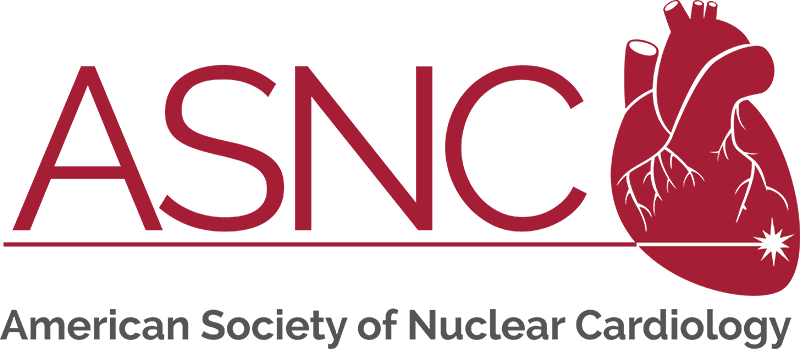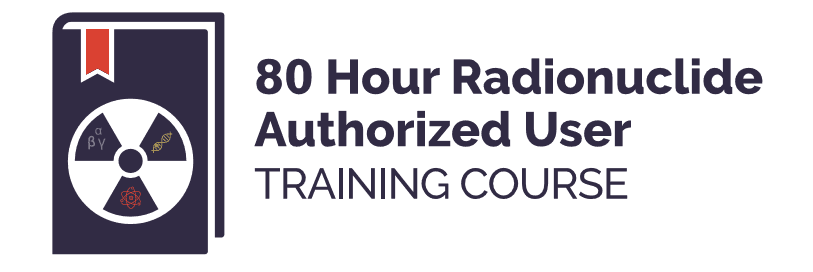The goal of the ASNC/SNMMI 80 Hour Radionuclide Authorized User Training Course is to train physicians who wish to become Authorized Users on the broad knowledge base necessary to meet the requirements of the US Nuclear Regulatory Commission/Agreement States, to establish a quality-focused safety culture that benefits patients and to be able to effectively and safely diagnose and risk stratify patients in imaging and localization studies.
The 80 Hour Course is designed to meet the requirements of the United States Nuclear Regulatory Commission (NRC) and Agreement States on the didactic portion of the Training and Experience Requirements (US NRC 10 CFR 35.290).
The 80 Hour Radionuclide Authorized User Training Course is available as an individual purchase.
Training Programs may purchase the 80 Hour Authorized User Training Course for their trainees.
Each purchase includes two years of access to the program.
Course Outline
Section 1: Radiation Protection and Safe Radioisotope Handling (27 hours)
- Regulatory Requirements
- Forms of Radiation
- Radiation Units
- Radiation Protection
Section 2: Radiation Physics and Instrumentation (24 hours)
- SPECT and Planar Nuclear Imaging – Gamma Cameras
- SPECT and Planar Nuclear Imaging – Data Corrections
- SPECT and Planar Nuclear Imaging – Tomographic Imaging
- SPECT and Planar Nuclear Imaging – Quality Control
- PET Imaging – PET Cameras
- Dedicated PET and PET/CT Imaging – Tomographic Imaging
- PET Imaging – Quality Control
- Image Post Processing
- Tracer Kinetics
- Clinical Optimization of Radiopharmaceutical Dosing
- Application of Technology for Radiation Reduction
- Other Clinical Applications of Planar, SPECT and PET Imaging: Image Acquisition and Processing
Section 3: Radiochemistry and Radiopharmaceuticals (9 Hours)
- Managing a Hot Lab
- Radionuclide Production and Radiopharmaceuticals
- Quality Control of Radiopharmaceutical Production Kits
Section 4: Radiation Biology (10 Hours)
- Radiation Biology Overview
- Radiation Injury, Cell and Organ Responses
- Risk Models, Exposure Limits, Deterministic and Stochastic Effects
Section 5: Nuclear Medicine Mathematics and Statistics (10 Hours)
- Measuring Radioactive Decay
- Shielding Calculations
- Mathematics of Imaging
- Mathematics of Radioactivity
Pricing
Trainees: $400
Physician Member*: $550
Non-Member Physician: $700
*ASNC or SNMMI
Resource Type
Courses, Videos
Clinical Topic
Physics, Radiation Safety
Year Published
2022
Related Resources
Radiation Safety Review for Technologists
A comprehensive OnDemand course recognized by the Nuclear Medicine Technology Certification Board…
Nuclear Cardiology Knowledge Self-Assessment Program (NCKSAP)
Nuclear Cardiology Self-Assessment Program (NCKSAP) The Nuclear Cardiology Knowledge Self-Assessment Program (NCKSAP)…
ASNC Nuclear Cardiology Virtual Elective
These interactive teaching sessions feature an ASNC leader delivering a 30 minute…


